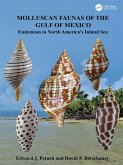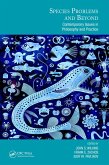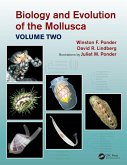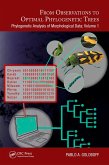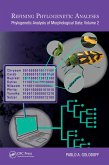The phylum Mollusca is the second largest group of animals (after Arthropoda) and they occur in virtually all habitats. In this volume general chapters draw from a diverse and extensive literature on molluscan physiology, natural history (including ecology), and interactions with humans.
Dieser Download kann aus rechtlichen Gründen nur mit Rechnungsadresse in A, B, BG, CY, CZ, D, DK, EW, E, FIN, F, GR, HR, H, IRL, I, LT, L, LR, M, NL, PL, P, R, S, SLO, SK ausgeliefert werden.
Hinweis: Dieser Artikel kann nur an eine deutsche Lieferadresse ausgeliefert werden.





